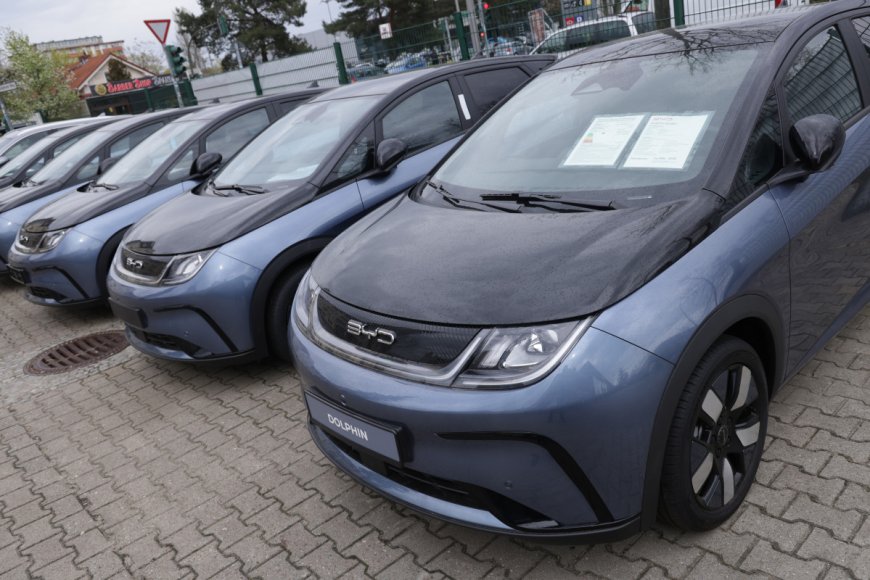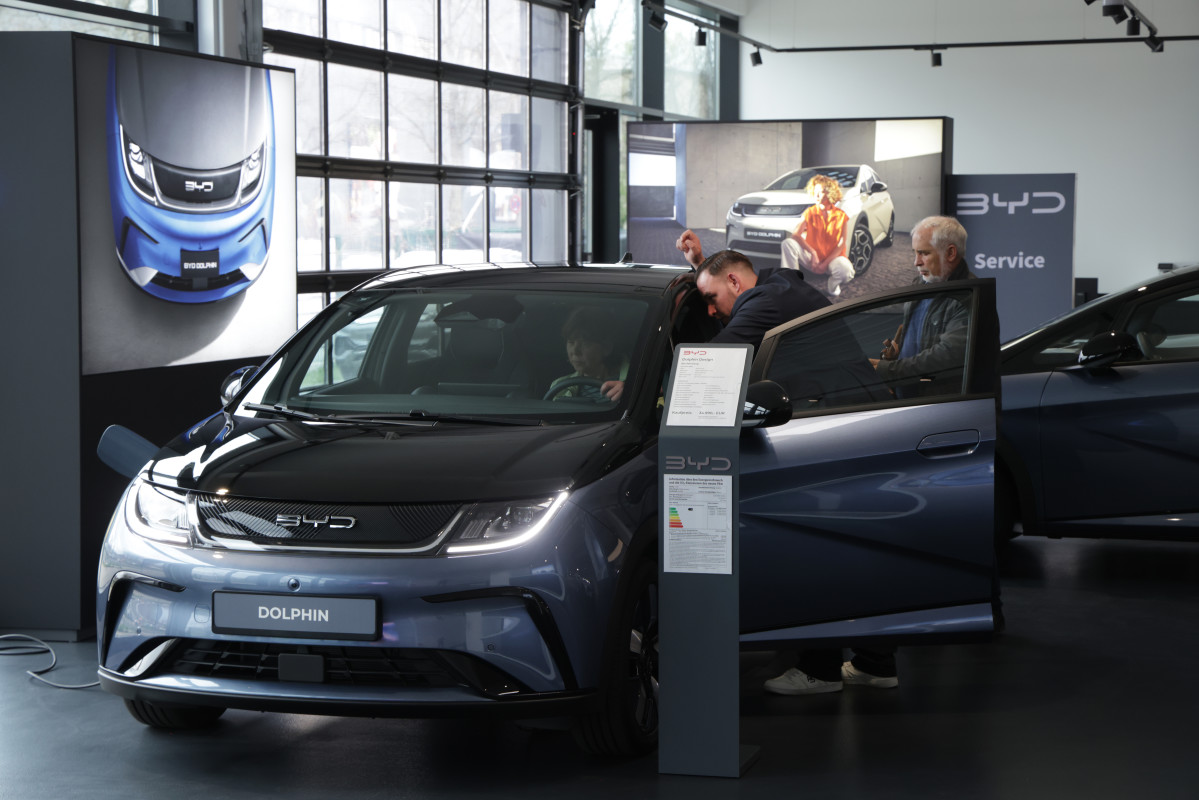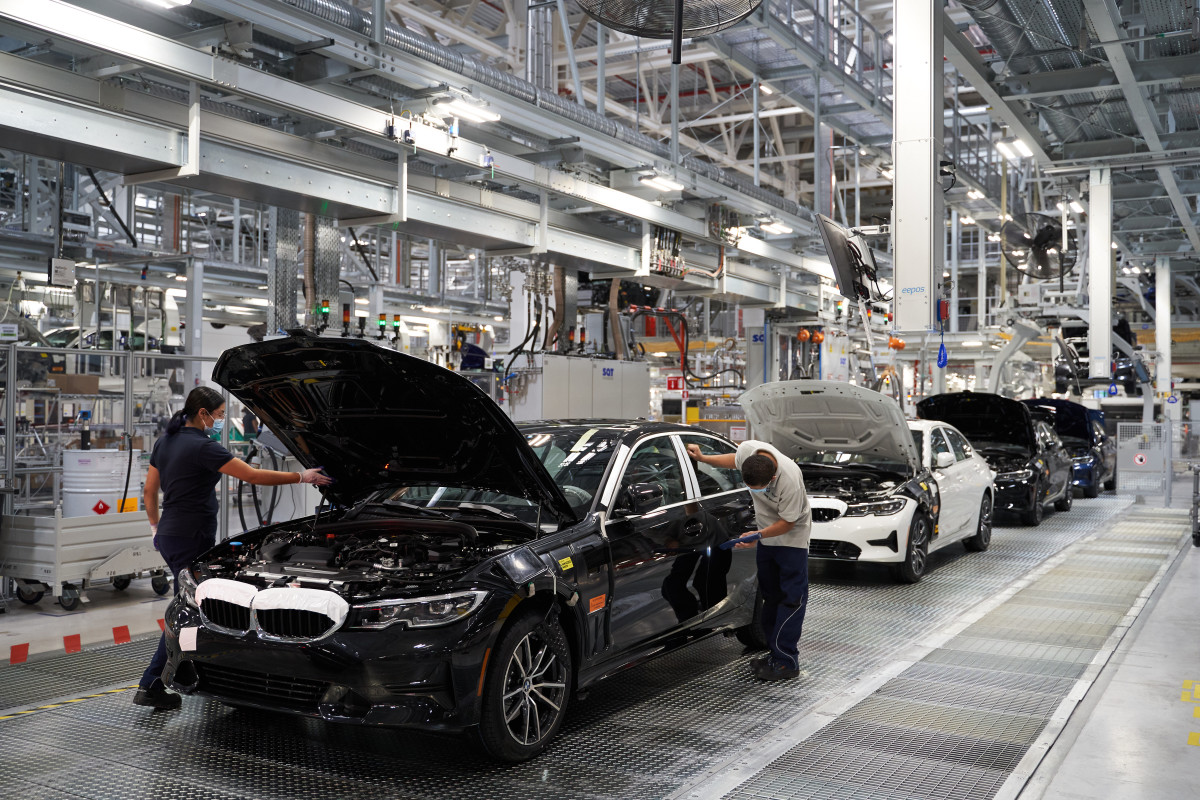Mexican government closing U.S. market 'back door' for Chinese auto imports
Over 20 Chinese automakers sell cars south of the border.

One of the biggest fears that policymakers on Capitol Hill have expressed in their legislation is the potential use of a "back door" for Chinese automakers entering the U.S. auto market by establishing factories in Mexico.
However, politicians on both sides of the aisle can breathe a little bit easier, as recent action by the Mexican government seeks to dissuade such action by brands like Chery and BYD. (BYDDY)
Related: Google Maps' latest update will make electric-vehicle owners happy
As per a report by Reuters, the Mexican federal government will stop offering Chinese automakers government incentives to put up factories in the nation.
Sources familiar with the matter told Reuters that during a meeting with representatives from BYD, Mexican officials explained that it would not be offering any governmental support for building any of its factories. Additionally, they noted that the government will also pause all future meetings with other Chinese automakers.
In the past, Mexico has offered foreign automakers from General Motors (GM) to BMW (BMWYY) entire packages of government support, such as free land, water and electricity to attract the establishment of new, skilled jobs in various regions.
In February 2024, Nikkei reported that BYD was considering the idea of building a plant in Mexico, specifically to establish an export hub to the United States.
Sources speaking to Reuters said that the decision was made out of pressure from the Office of the United States Trade Representative, which has been trying to keep Chinese automakers from taking advantage of the United States-Mexico-Canada Agreement (USMCA) and the North American free trade zone.
When asked about the situation, the office did not confirm that it had a role in ending incentives. However, the office did tell Reuters that the intent for the United States-Mexico-Canada Agreement (USMCA) was not for those looking for "a back door to China and others who may be seeking to access our market without paying […] tariffs.”
More Business of EVs:
- A full list of EVs and hybrids that qualify for federal tax credits
- Here’s why EV experts are flaming Joe Biden’s car policy
- The EV industry is facing an unusual new problem
The present 27.5% tariff on Chinese auto imports put in place by the Trump Administration has largely prevented brands like BYD, Xpeng (XPEV) and NIO (NIO) from entering the U.S. auto market, politicians from both sides of the isle are in a political tug-of-war to see who can impose the harshest restrictions on Chinese EVs.
Republican Sens. Marco Rubio (R-FL), Josh Hawley (R-MO) as well as former President and de facto 2024 Republican presidential nominee Donald Trump proposed their own tariffs and restrictions, but one influential Democrat — Sen. Sherrod Brown (D-Ohio) urged for a total ban on the importation of Chinese-built EVs in a recent open letter addressed to President Biden.
Though Mexican federal funds have seemed to dry up, a source familiar with the situation told Reuters that BYD has turned to Mexican state governments for help putting up its factory.
Inviting Chinese automakers presents an opportunity to boost the Mexican economy, however, officials have said that wrong moves within the recent political climate could mean bad news once the USMCA comes up for renewal and revision in 2026.
Related: Veteran fund manager picks favorite stocks for 2024
What's Your Reaction?



























































